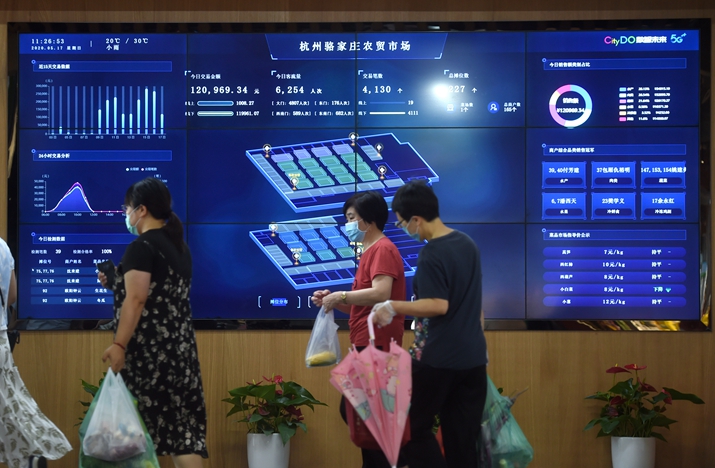
During the prevention and control of the novel coronavirus, a lot of personal data, including addresses, contact information, ID numbers and medical profile has been collected. How to protect the use of personal data becomes a pressing question in China.
The lack of a unified and dedicated law has made it difficult to curb the illegal collection and use of personal information in a country with the world's largest population of Internet users.
To strengthen the protection of individuals' right to privacy, the National People's Congress, China's top legislature, will formulate a law on personal information protection this year, according to the annual work report of its standing committee.
The government should also come up with measures and penalties to build a secure and comprehensive law network.
Emphasis should be placed on the classification of personal information according to different scenarios. For instance, in response to public health emergencies, data such as name, date of birth, address and other necessary personal information should be identified as a particular type of information with specific protection. Genetic, biological and medical data should enjoy a higher level of security.
(This is an edited excerpt of an article originally published in Beijing Youth Daily on May 26)
(Print Edition Title: Protecting Individual Privacy)
